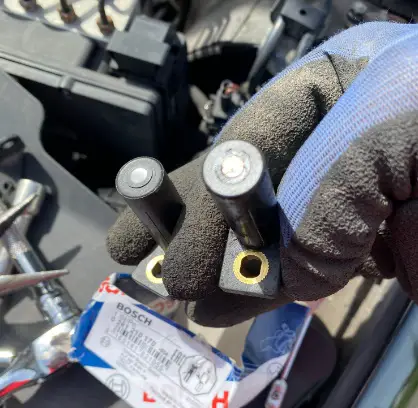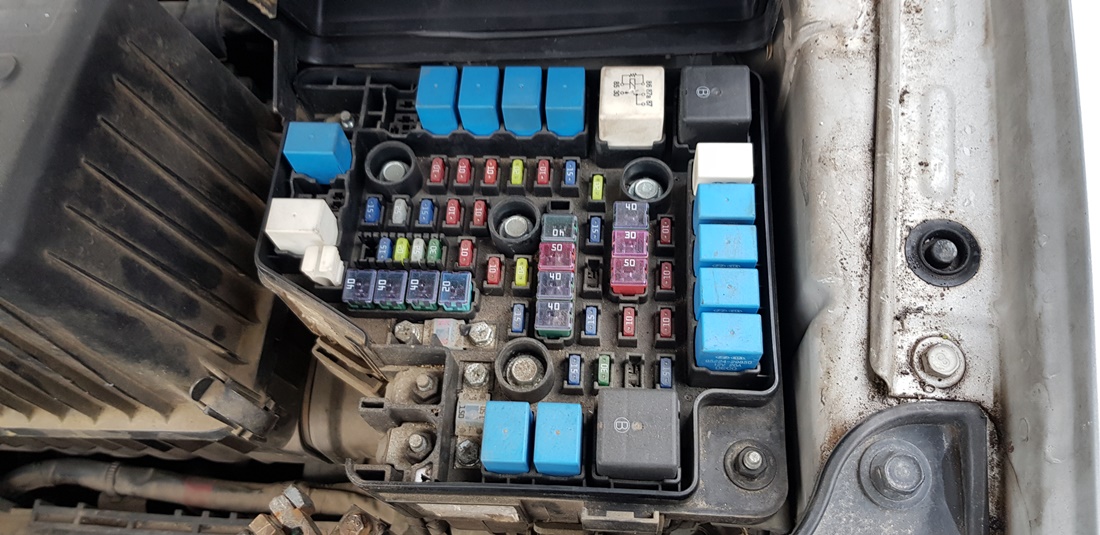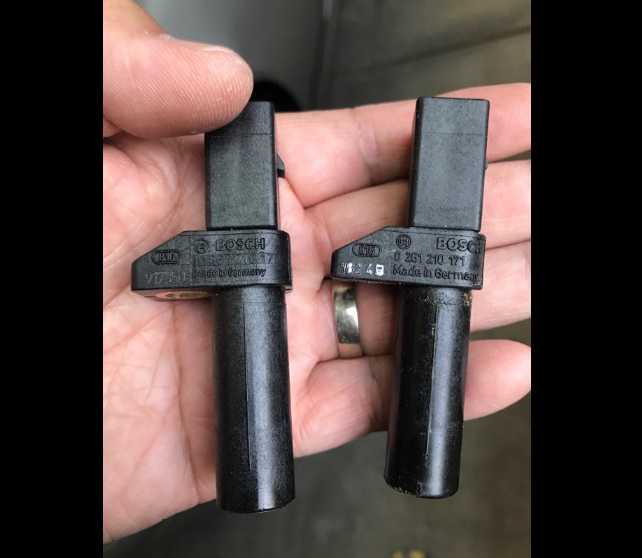I just hate when my rims get dirty. Mud I can handle, but those greasy stains, oh god, I hate those. So how to clean them? You are probably thinking Bleach.
Let’s dive deeper into the subject:
Before you start cleaning your rims, first you must know the material they are made of. As I said earlier, bleach reacts differently with metals. If you are not sure about the material, here are some pointers:
Key Takeaway
- Cleaning your chrome, alloy, and steel rims with bleach is generally not advised because while bleach is a strong cleaning agent, it can potentially cause damage to these materials.
- While it is technically possible to clean your chrome, alloy, and steel rims with bleach, it’s generally not recommended due to the corrosive nature of bleach which can damage these materials.
- To stop aluminum rims from corroding, regularly clean your wheels with mild soap and water, remove any oxidation with sandpaper, and protect them from future corrosion by avoiding harsh cleaners and sealing the wheel after cleaning.
Can You Clean Your Chrome, Alloy, and Steel Rims With Bleach

Cleaning chrome, alloy, and steel rims with bleach is generally not recommended. While bleach is a powerful cleaning agent, it’s also highly corrosive and can cause damage to these types of surfaces.
Bleach can strip the protective coating on chrome and alloy wheels, leaving them vulnerable to rust and other types of corrosion. On steel wheels, bleach can react with the metal and cause it to oxidize, leading to rust.
Additionally, if bleach gets onto the tires, it can cause the rubber to dry out and crack. This can lead to premature tire wear and potential safety hazards.
Instead of bleach, consider using a dedicated wheel cleaner or a mild detergent mixed with water. These alternatives are gentler on your wheels and won’t cause the same type of damage as bleach.
Always make sure to rinse thoroughly after cleaning to remove all residue from the cleaning solution.
How To Clean Your Chrome, Alloy, and Steel Rims With Bleach
Understanding the Potential Risks
It’s critical to understand that using bleach on your chrome, alloy, and steel rims is generally not advisable. Bleach is a potent cleaning agent, but it’s also highly corrosive and can cause significant damage to these materials.
Why Not Use Bleach
Bleach can strip away the protective coating on chrome and alloy wheels, making them susceptible to rust and other forms of corrosion. On steel wheels, bleach can react with the metal, causing oxidation and leading to rust.
Additionally, if bleach splashes onto your tires, it can cause the rubber to dry out and crack, leading to premature tire wear and potential safety risks.
Alternative Cleaning Solutions
Instead of using bleach, consider safer alternatives for cleaning your rims. You could use a commercial wheel cleaner or a mild detergent mixed with warm water. These options are less harsh on your wheels and won’t cause the same level of damage as bleach.
The Cleaning Process
Apply your chosen cleaning solution to the wheels and allow it to sit for a few minutes. Then, use a soft-bristled brush or sponge to scrub the wheels, ensuring you reach all areas, including the lug nuts and between the spokes. Rinse thoroughly with water to remove any residue from the cleaning solution.
Post-Cleaning Care
After cleaning, consider applying a wheel sealant or wax. This can help protect the surface of your rims from future dirt and grime, making them easier to clean next time.
In conclusion, while bleach might seem like an effective cleaning agent, its potential for damage makes it unsuitable for cleaning chrome, alloy, and steel rims. Stick with wheel-specific cleaning products or mild soapy water to keep your rims looking their best.
How To Know If You Have Alloy(aluminum) Rims?

–Aluminum or Alloy Rims are made of light metals such as aluminum, nickel, magnesium, or a combo of these metals.
These types of rims are lighter than the ones from steel, therefore they offer performance advantages. Also, in extreme driving conditions, having aluminum wheels can be a big plus, as they are able to dissipate the heat away from the brake components.
There are many ways you can check and confirm that your rims are alloy.
- Visual Check: If your wheel has a hubcap, then it’s probably steel. The same goes if your rim is painted black and doesn’t look like an aftermarket wheel.
- Magnet Check: Place a magnet on your rims, if the magnet doesn’t stick, your wheel is either aluminum or magnesium.
- Acid Test: Magnesium is a very reactive metal, especially when in contact with acids. Take your wheel out and apply some vinegar on the back. If the vinegar bubbles, then your wheel is magnesium.
How Do You Stop Aluminum Rims From Corroding?

If your car has aluminum rims, both internal and external factors should be taken into account when considering the issue of corrosion.
Internally, salt in the air, as well as pollutants such as sulfur dioxide can combine to create a chemical reaction leading to corrosion, especially in humid climates or regions near coastlines.
Meanwhile, if you’re washing your vehicle, too-strong cleaners with harsh detergents can also damage the aluminum coating.
Externally, living too close to the ocean or another large body of water can raise the chances of corrosion due to extended periods of exposure to salty air.
Furthermore, if you live in an industrial region where chemicals are regularly produced or disposed of in the atmosphere, these particles may stick to aluminum rim surfaces and speed up the process of oxidation.
Keeping aluminum rims from corroding can seem like a difficult task, but it is actually quite simple to do. The most important step is to keep the rim clean and free of dirt, mud, and other debris.
Regular washing with mild detergent and water will help prevent corrosion from forming on the surface of the aluminum wheels.
If your rims are already showing signs of corrosion, you can use a specialized cleaning product that is designed to remove rust, oxidation, and other contaminants.
Afterward, make sure to apply wax or a high-quality sealant to provide an extra layer of protection against further corrosion says Empire Abrasives.
How To Know If You Have Chrome Rims?

Custom rims are referred to as modified rims. People that choose custom rims usually make them larger than normal.
They are known for their strength, visual appeal, width, and weight. Custom wheels come in 3 finishes: Chrome, Polished, and Painted. Chrome rims are covered with a clear coat. Polished rims are just alloy wheels that have been polished. Painted rims come in many different colors.
If you’re wondering if your vehicle has chrome rims, there are a few ways to find out. Firstly, you should look at the visual appearance of the rim and see if it appears shiny and reflective in nature.
This is typically an indication that the rim has been chromed. Additionally, you can use a magnet to test it. Chrome rims are often made out of aluminum which will not attract magnets while steel rims (similarly colored) will.
How To Know If You Have Steel Rims

Steel wheels are split into two categories: Cost and Cosmetic look. Steel rims are usually $100 less than alloy rims, which is a much more affordable option.
They are heavier and great for snow travel. Steel wheels are known for their durability and strength and can withstand more potholes and bumps than the other rims. Once damaged, the steel wheel must be replaced.
The easiest way to know if you have steel rims is to look at them closely and determine if they have been painted, or whether they are just glossy grey metal.
Another indication is to thump them with your knuckle – steel will give you a sharp ringing sound while other types of metals will sound duller.
You can also check the weight of the rim; steel is heavier than most other materials, so it’s easy to detect differences between different kinds of rims just by hefting them.
How To Clean Your Tires?

After cleaning your rims, you now probably want to clean your tires as well. Washing your tires only with a pressure washer won’t cut it.
Also, be careful. It takes only 5 seconds of direct spray from your pressure washer to damage your tires. So, when it comes to washing your tires, I am sorry, but you will have to roll your sleeves.
I have tested a couple of ways to clean tires and all of them work. Choose whichever option works best for you.
1. Using a Tire Cleaner
There is actually a chemical made strictly for cleaning tires. Please make sure that you do not spray your rims, as it may have some negative effects on the paint. Leave the cleaner to sit for a minute or two.
Use a stiff brush to clean the tires. Don’t be afraid to apply a lot of pressure if you want to get the best results. Rinse the tires with a hose.
As I said earlier, please do not use a pressure washer. A regular garden hose will do the job. If you don’t like the results, feel free to repeat the process over and over again until you get the best results.
If your tires are still not clean enough, you can apply a Tire gel with a sponge and then rinse it off.
2. Tire Dressing
Dry the tire with a towel. Apply your water-based tire dressing. For best results, read the instructions of the tire dressing. If you want, you can use a tire clear coat instead of tire dressing.
Again, for best results read the instructions on the bottle. Allow the chemicals to dry off for 1 hour and wipe it with a microfiber towel.
3. Clean Your Tires While Washing Your Car
You can clean the rims and tires first. Use a separate bucket for your rims and tires. Use the chemicals mentioned above.
How To Stop Your Rims From Corroding?
The main reasons why your rims are corroding are brake dust and road salts. Brake dust is a powder residue created when you hit the brakes on your car.
This residue is very sticky and gets on your wheel easily. Corroded rims may lead to consistent loss of air pressure, not to speak about the cosmetic look. There are some ways you can protect your rims from corroding.
 is a chemical that can protect alloy, chrome, and steel rims from corroding. It is a clear, self-leveling coating and easy to apply. This chemical will keep your rims safe when you drive through road salts. What you need to do is apply 3 coats on your rims. Pause between applying to leave it room to dry off.
is a chemical that can protect alloy, chrome, and steel rims from corroding. It is a clear, self-leveling coating and easy to apply. This chemical will keep your rims safe when you drive through road salts. What you need to do is apply 3 coats on your rims. Pause between applying to leave it room to dry off.
FAQs
Does bleach damage chrome?
Yes, bleach does damage chrome. Bleach is a powerful and corrosive substance that can harm the protective surface of chrome fixtures and appliances. When bleach comes into contact with chrome, it can lead to pitting and corrosion, which over time can cause the chrome to flake off or turn black.
What is the best thing to clean chrome rims with?
The best thing to clean chrome rims with would be a dedicated chrome or wheel cleaner. These are specially formulated to tackle the kind of dirt and grime that accumulates on rims, without damaging the chrome finish.
What is the best thing to clean alloy wheels?
An effective cleaning solution for alloy wheels is a mixture of warm water and mild dish soap. This gentle solution can effectively get rid of dirt and grime without harming the alloy.
What is the best thing to clean steel wheels?
The best thing to clean steel wheels is a product that’s non-acidic and non-abrasive to avoid scratching or pitting the steel surface. Some wheel cleaners also have protective additives that can help shield against the future build-up of dirt and grime.
In Conclusion
In conclusion, while bleach is a powerful cleaning agent, it’s not suitable for use on chrome, alloy, and steel rims.
Its corrosive properties can strip away protective coatings and cause damage, including oxidation and rust. It can also harm the rubber of tires.
Instead, safer alternatives such as a commercial wheel cleaner or mild soapy water are recommended. These options effectively clean without causing harm, ensuring your rims maintain their appearance and integrity over time.
Regular care and maintenance, along with the right cleaning products, will keep your rims in top condition for years to come.




